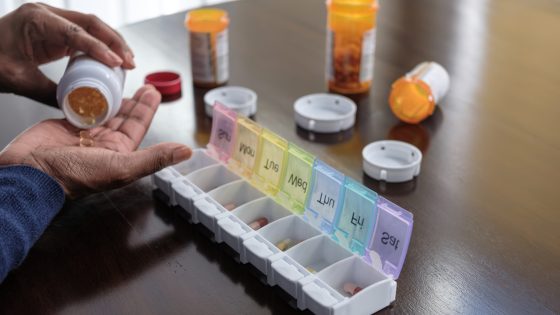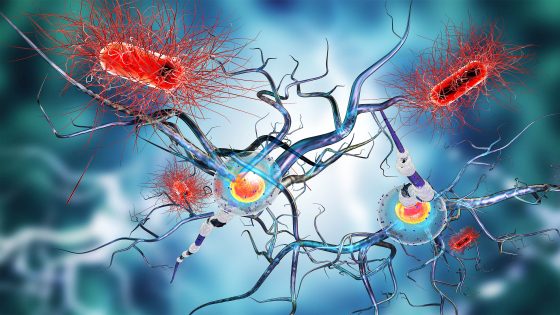Chronic kidney disease (CKD) patients face a heightened risk of developing Restless Legs Syndrome (RLS), particularly those undergoing dialysis. A recent study revealed that nearly one in four CKD patients experiences RLS symptoms, which are often linked to iron deficiency. This condition is prevalent due to chronic inflammation and blood loss associated with CKD, making awareness crucial as we approach World Kidney Day on 2025-06-22 09:40:00.
- CKD patients are at higher RLS risk.
- Iron deficiency linked to RLS symptoms.
- RLS worsens during rest, improves with movement.
- Genetics and chronic illnesses contribute to RLS.
- No cure, but symptoms can be managed.
- Lifestyle changes can alleviate RLS symptoms.
RLS is characterized by an uncontrollable urge to move the legs, especially during rest. Symptoms worsen in the evening, disrupting sleep and impacting daily life. Understanding RLS can lead to better management strategies for those affected.
Why is it essential to recognize the link between CKD and RLS? The interplay of iron deficiency and chronic kidney issues complicates treatment and quality of life. Addressing this connection can lead to better outcomes.
- Monitor iron levels regularly, especially for CKD patients.
- Consider iron-targeted therapies to alleviate RLS symptoms.
- Maintain a healthy diet rich in iron and essential nutrients.
- Establish a calming bedtime routine to improve sleep quality.
As we continue to learn more about the relationship between CKD and RLS, it’s crucial to advocate for early detection and treatment options. Taking proactive steps can significantly enhance the quality of life for those affected.
















![[Adobe Stock]](https://news.faharas.net/wp-content/uploads/2025/07/Ketogenic-Diet-Boosts-Brain-Blood-Flow-by-22-and-BDNF-230x129.jpg)















